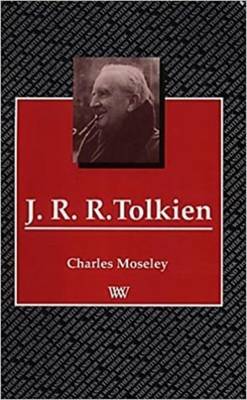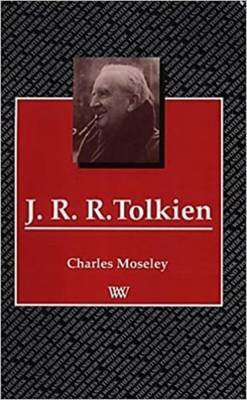
- Afhalen na 1 uur in een winkel met voorraad
- Gratis thuislevering in België vanaf € 30
- Ruim aanbod met 7 miljoen producten
- Afhalen na 1 uur in een winkel met voorraad
- Gratis thuislevering in België vanaf € 30
- Ruim aanbod met 7 miljoen producten
Omschrijving
Tolkien was a specialist in a recherché field. He did not, at least initially, write for a mass audience. Yet for many in the 60s his books, particularly Lord of the Rings, became a political badge and an interpretative text. Widely translated, his fiction won the accolade both of parody and of its own learned journal; rock bands took names from his characters; and "Tolkien" - or how he was read - demonstrably affected modern fantasy, in writing, film, video- and board-game. This book explores how his work came to be so diversely received. Dr Moseley's critical discussion examines Tolkien's view of fiction as "sub-creation", exploring his analysis of mythopoeia and of the status of art and literature in relation to his own practice. It is argued that in the critical concerns of Tolkien and his circle lie the key to important issues in his fiction. His use of linguistic game and literary pastiche is explored without obscuring his emotional commitment to the making of myths that expressed some of his deepest fears of the world he experienced.
Specificaties
Betrokkenen
- Auteur(s):
- Uitgeverij:
Inhoud
- Aantal bladzijden:
- 96
- Taal:
- Engels
- Reeks:
Eigenschappen
- Productcode (EAN):
- 9780746307496
- Verschijningsdatum:
- 1/06/1997
- Uitvoering:
- Paperback
- Formaat:
- Trade paperback (VS)
- Afmetingen:
- 135 mm x 214 mm
- Gewicht:
- 172 g

Alleen bij Standaard Boekhandel
Beoordelingen
We publiceren alleen reviews die voldoen aan de voorwaarden voor reviews. Bekijk onze voorwaarden voor reviews.









